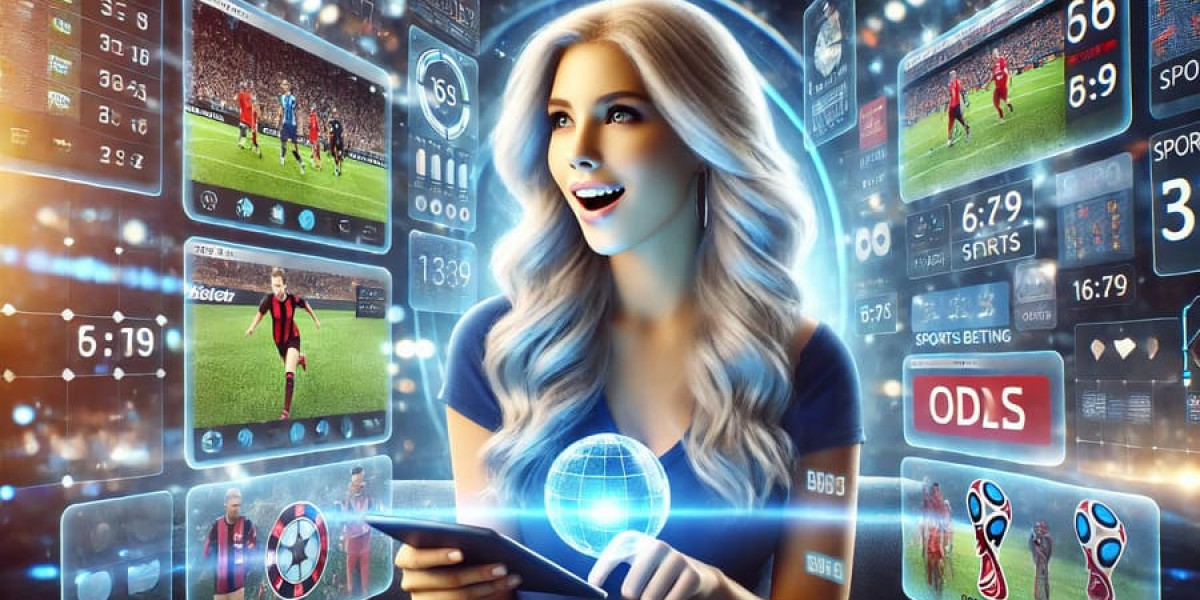Technology is changing our world at an impressive rate! Its sweeping changes can be discovered all over and they can be referred to as both thrilling, and at the very same time terrifying. Although people in many parts of the world are still attempting to come to terms with earlier technological revolutions together with their sweeping social and academic implications - which are still unfolding, they have been awoken to the truth of yet another digital transformation - the AI transformation.
Expert System (AI) technology describes the capability of a digital computer system or computer-controlled robotic to carry out tasks that would otherwise have been brought out by human beings. AI systems are created to have the intellectual processes that define humans, vokipedia.de such as the capability to reason, discover meaning, generalize or gain from past experience. With AI innovation, huge quantities of information and text can be processed far beyond any human capability. AI can likewise be utilized to produce a huge variety of brand-new material.
In the field of Education, AI innovation features the potential to make it possible for new forms of teaching, discovering and instructional management. It can likewise boost learning experiences and support instructor tasks. However, despite its favorable capacity, AI likewise presents significant risks to trainees, the mentor neighborhood, education systems and society at large.

What are a few of these threats? AI can reduce teaching and finding out procedures to calculations and automated tasks in manner ins which devalue the role and influence of instructors and compromise their relationships with learners. It can narrow education to just that which AI can process, model and provide. AI can likewise get worse the worldwide shortage of qualified instructors through out of proportion spending on innovation at the cost of investment in human capacity development.
The use of AI in education likewise produces some basic concerns about the capacity of instructors to act purposefully and constructively in figuring out how and when to make sensible use of this technology in an effort to direct their expert growth, discover options to obstacles they face and improve their practice. Such essential concerns consist of:
· What will be the function of teachers if AI innovation end up being commonly carried out in the field of education?
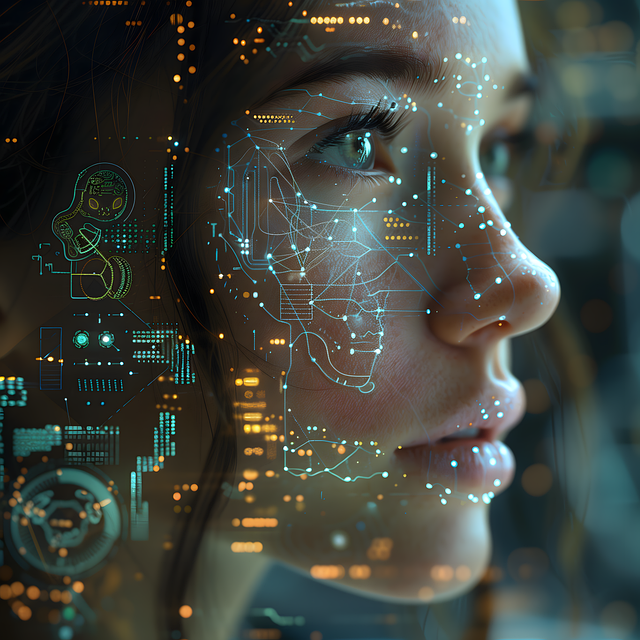
· What will assessments appear like?
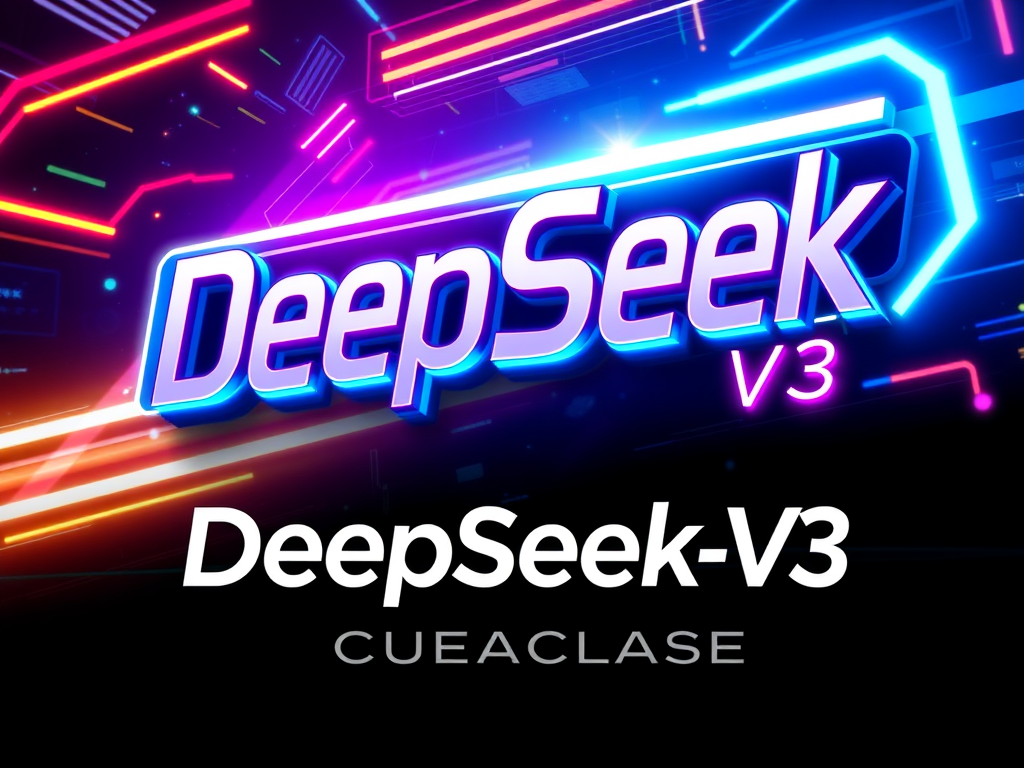
· In a world where generative AI systems appear to be establishing new abilities by the month, what abilities, outlooks and competencies should our education system cultivate?
· What modifications will be required in schools and wiki.die-karte-bitte.de beyond to help students plan and direct their future in a world where human intelligence and maker intelligence would seem to have become ever more closely linked - one supporting the other and vice versa?
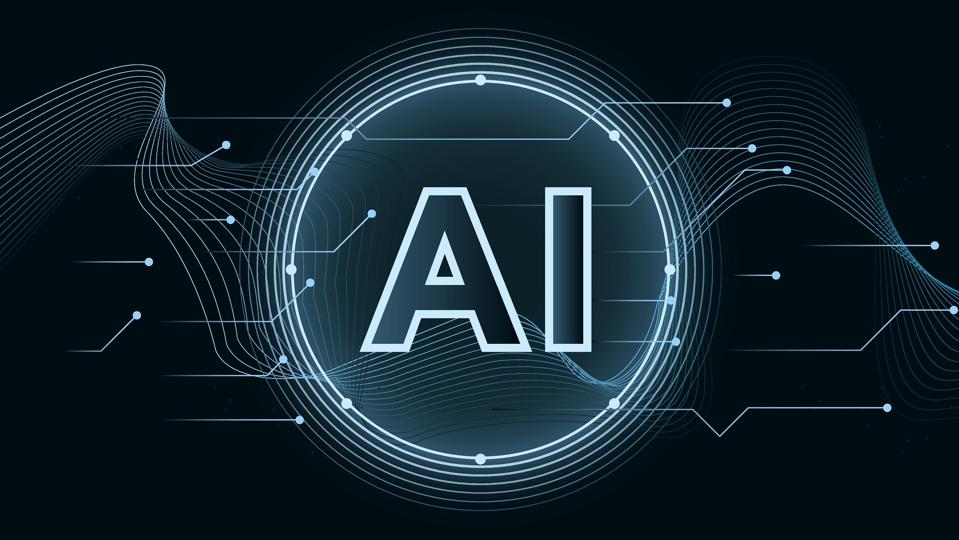
· What then would be the function or role of education in a world dominated by Artificial Intelligence technology where humans will not necessarily be the ones opening brand-new frontiers of understanding and knowledge?
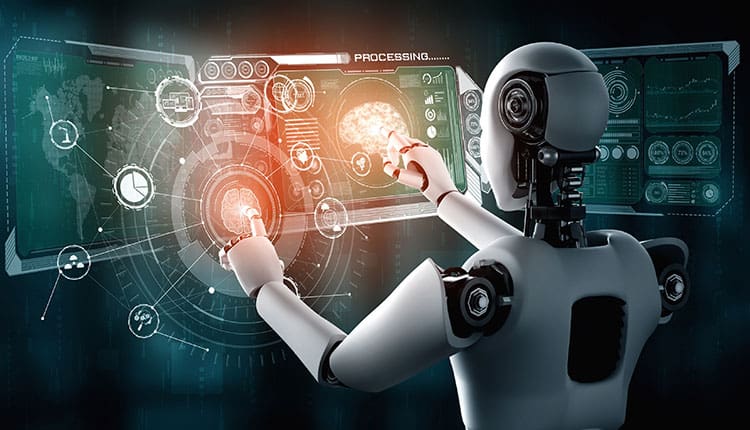
All these and more are intimidating questions. They force us to seriously think about the issues that arise regarding the implementation of AI technology in the field of education. We can no longer simply ask: 'How do we get ready for an AI world?' We must go deeper: 'What should a world with AI appear like?' 'What functions should this effective technology play?' 'On whose terms?' 'Who chooses?'
Teachers are the main users of AI in education, and they are expected to be the designers and facilitators of trainees' learning with AI, the guardians of safe and ethical practice throughout AI-rich instructional environments, and to act as role models for long-lasting discovering AI. To presume these responsibilities, instructors require to be supported to develop their capabilities to take advantage of the prospective benefits of AI while alleviating its dangers in education settings and wider society.

AI tools need to never be designed to replace the genuine accountability of teachers in education. Teachers need to remain responsible for pedagogical decisions in the use of AI in mentor wiki.rolandradio.net and in facilitating its usages by students. For instructors to be liable at the practical level, a pre-condition is that policymakers, instructor education institutions and schools presume duty for preparing and supporting instructors in the proper use of AI. When introducing AI in education, legal securities need to likewise be established to safeguard teachers' rights, and long-lasting monetary commitments require to be made to guarantee inclusive gain access to by instructors to technological environments and standard AI tools as essential resources for adapting to the AI period.
A human-centered method to AI in education is critical - a technique that promotes crucial ethical and
useful concepts to assist control and assist practices of all stakeholders throughout the whole life cycle of AI systems. Education, shiapedia.1god.org provided its function to secure along with assist in advancement and learning, surgiteams.com has a special obligation to be completely knowledgeable about and responsive to the dangers of AI - both the recognized dangers and those only simply coming into view. But too often the dangers are disregarded. Making use of AI in education for that reason requires mindful consideration, including an evaluation of the developing roles instructors need to play and the competencies needed of instructors to make ethical and effective use of Expert system (AI) Technology.
While AI offers opportunities to support instructors in both teaching in addition to in the management of finding out procedures, meaningful interactions between teachers and akropolistravel.com students and human thriving need to stay at the center of the instructional experience. Teachers ought to not and can not be changed by technology - it is essential to safeguard teachers' rights and make sure appropriate working conditions for them in the context of the growing use of AI in the education system, in the work environment and in society at big.


